Premium Only Content
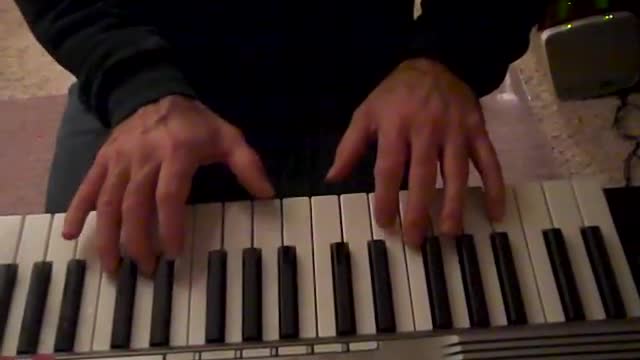
Christmas Music In the Bleak Midwinter Christmas carols
Christmas Music In the Bleak Midwinter Christmas carols
"In the Bleak Midwinter" is a Christmas carol based on a poem by the English poet Christina Rossetti. The poem was published, under the title "A Christmas Carol", in the January 1872 issue of Scribner's Monthly.[1]
The poem first appeared set to music in The English Hymnal in 1906 with a setting by Gustav Holst.
Harold Darke's anthem setting of 1911 is more complex and was named the best Christmas carol in a poll of some of the world's leading choirmasters and choral experts in 2008
In the bleak mid-winter
Frosty wind made moan;
Earth stood hard as iron,
Water like a stone;
Snow had fallen, snow on snow,
Snow on snow,
In the bleak mid-winter
Long ago.
Our God, heaven cannot hold Him
Nor earth sustain,
Heaven and earth shall flee away
When He comes to reign:
In the bleak mid-winter
A stable-place sufficed
The Lord God Almighty —
Jesus Christ.
Enough for Him, whom Cherubim
Worship night and day,
A breastful of milk
And a mangerful of hay;
Enough for Him, whom Angels
Fall down before,
The ox and ass and camel
Which adore.
Angels and Archangels
May have gathered there,
Cherubim and seraphim
Thronged the air;
But only His Mother
In her maiden bliss
Worshipped the Beloved
With a kiss.
What can I give Him,
Poor as I am? —
If I were a Shepherd
I would bring a lamb;
If I were a Wise Man
I would do my part, —
Yet what I can I give Him, —
Give my heart.
A version by American jazz singer Erin Bode is on her 2008 recording of Christmas music, A Cold December Night.[11]
The song was used as part of the main plot in the 2010 Doctor Who Christmas special, "A Christmas Carol", as sung by Welsh singer Katherine Jenkins.[12]
In the BBC TV drama series Peaky Blinders, mobster and war veteran Thomas Shelby mumbles 'in the bleak midwinter' to himself before he shoots his war-ravaged battle buddy, Danny. He also murmurs the phrase to himself as his last words before his near-executions, in the series two finale episode and series four opening episode. The poem and the phrase were popular among soldiers of the First World War.[13]
-
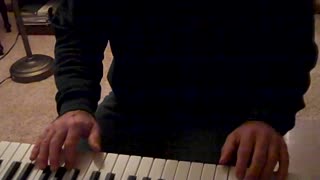 3:19
3:19
Pianokris
4 years ago $0.16 earnedChristmas Music O Little Town of Bethlehem Christmas carols American Christmas songs
2151 -
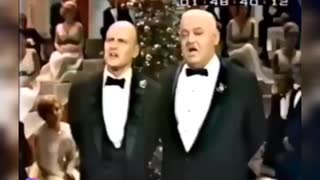 0:44
0:44
Vlemx
4 years ago $0.05 earnedHogan's Christmas Carols
323 -
 13:02
13:02
Delighted Moon
4 years ago $0.04 earnedChristmas Music: Christmas Party Background Music
2391 -
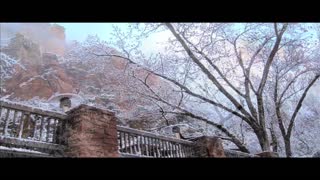 4:58
4:58
GregVail
4 years agoWinter Wonderland - Greg Vail Saxophone - Christmas Music, Carols and Songs
761 -
 18:56
18:56
ThingsAndStuff
4 years ago $0.03 earnedSoothing Christmas Music
183 -
 20:48
20:48
biggemmyonline
4 years ago $0.02 earnedChristmas Carols for kids
68 -
 0:28
0:28
Legion Animations
4 years agoTerrible Christmas Music - UGHHH!!!!
47 -
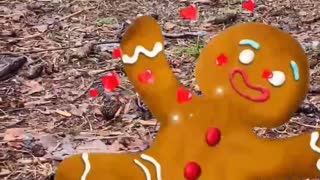 0:13
0:13
Cescalade
4 years ago $0.01 earnedChickens with Christmas music
150 -
 3:42
3:42
Relax With Nature
4 years ago $0.53 earnedbeautiful Christmas music - Relaxing Christmas Ambience
6753 -
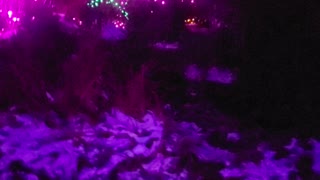 0:41
0:41
Articmonitoringstation
4 years agoChristmas lights and music
22